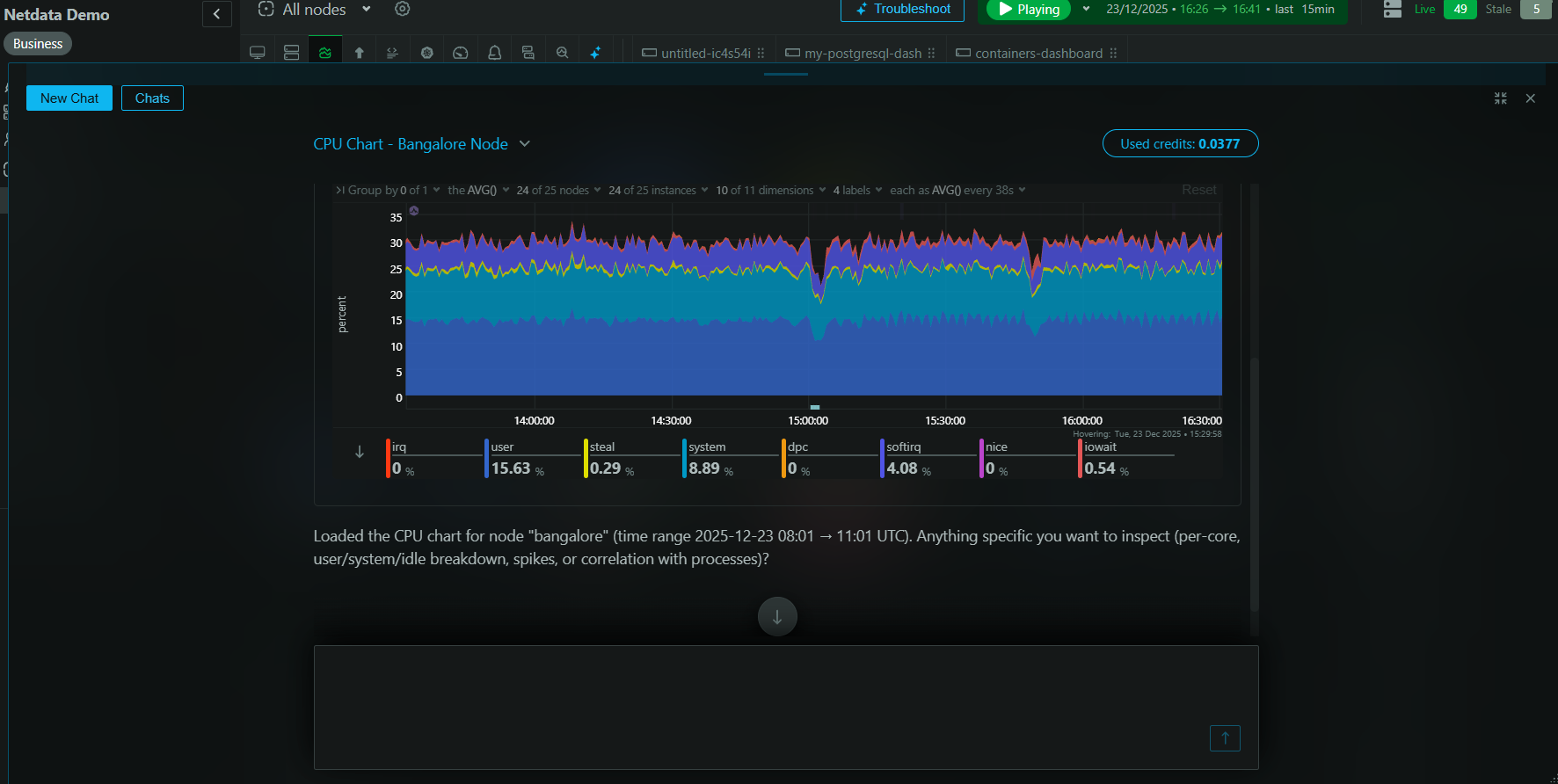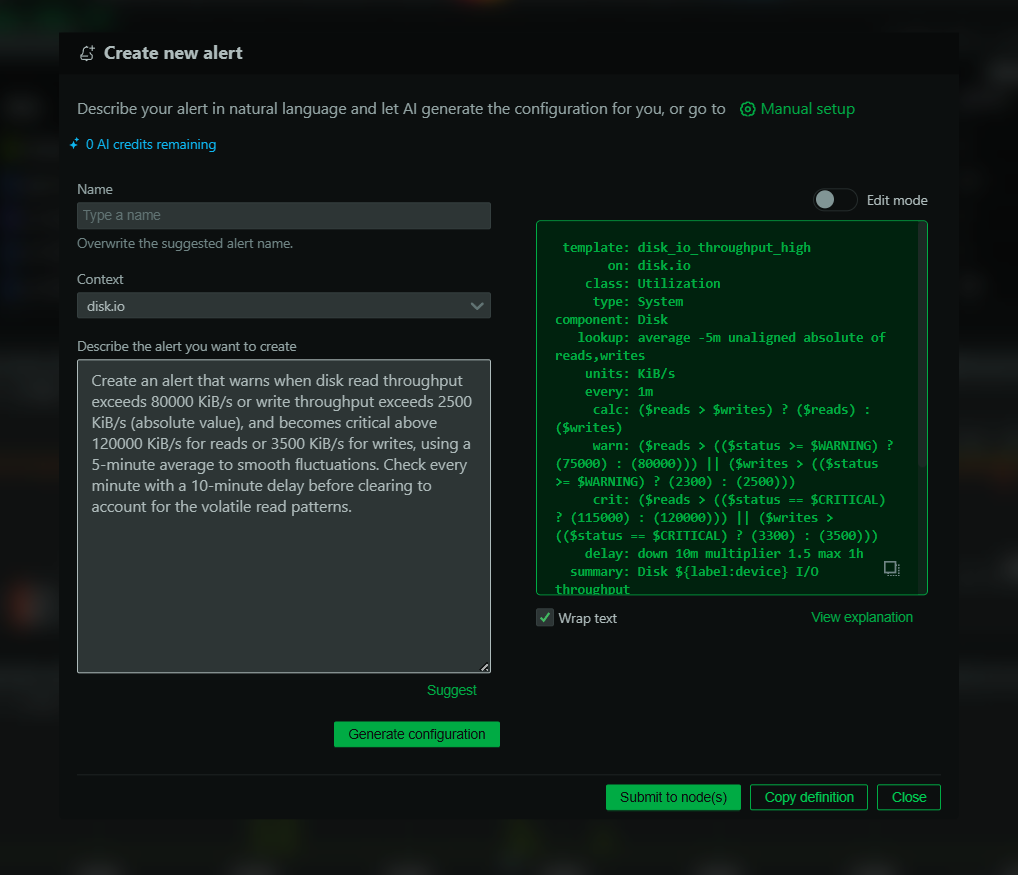Entropy
Plugin: proc.plugin
Module: /proc/sys/kernel/random/entropy_avail
Overview
Entropy, a measure of the randomness or unpredictability of data.
In the context of cryptography, entropy is used to generate random numbers or keys that are essential for
secure communication and encryption. Without a good source of entropy, cryptographic protocols can become
vulnerable to attacks that exploit the predictability of the generated keys.
In most operating systems, entropy is generated by collecting random events from various sources, such as
hardware interrupts, mouse movements, keyboard presses, and disk activity. These events are fed into a pool
of entropy, which is then used to generate random numbers when needed.
The /dev/random device in Linux is one such source of entropy, and it provides an interface for programs
to access the pool of entropy. When a program requests random numbers, it reads from the /dev/random device,
which blocks until enough entropy is available to generate the requested numbers. This ensures that the
generated numbers are truly random and not predictable.
However, if the pool of entropy gets depleted, the /dev/random device may block indefinitely, causing
programs that rely on random numbers to slow down or even freeze. This is especially problematic for
cryptographic protocols that require a continuous stream of random numbers, such as SSL/TLS and SSH.
To avoid this issue, some systems use a hardware random number generator (RNG) to generate high-quality
entropy. A hardware RNG generates random numbers by measuring physical phenomena, such as thermal noise or
radioactive decay. These sources of randomness are considered to be more reliable and unpredictable than
software-based sources.
One such hardware RNG is the Trusted Platform Module (TPM), which is a dedicated hardware chip that is used
for cryptographic operations and secure boot. The TPM contains a built-in hardware RNG that generates
high-quality entropy, which can be used to seed the pool of entropy in the operating system.
Alternatively, software-based solutions such as Haveged can be used to generate additional entropy by
exploiting sources of randomness in the system, such as CPU utilization and network traffic. These solutions
can help to mitigate the risk of entropy depletion, but they may not be as reliable as hardware-based solutions.
This collector is only supported on the following platforms:
This collector only supports collecting metrics from a single instance of this integration.
Default Behavior
Auto-Detection
This integration doesn’t support auto-detection.
Limits
The default configuration for this integration does not impose any limits on data collection.
The default configuration for this integration is not expected to impose a significant performance impact on the system.
Setup
Prerequisites
No action required.
Configuration
Options
There are no configuration options.
via File
There is no configuration file.
Examples
There are no configuration examples.
Metrics
Metrics grouped by scope.
The scope defines the instance that the metric belongs to. An instance is uniquely identified by a set of labels.
Per Entropy instance
This scope has no labels.
Metrics:
| Metric | Dimensions | Unit |
|---|
| system.entropy | entropy | entropy |
Alerts
The following alerts are available:
| Alert name | On metric | Description |
|---|
| lowest_entropy | system.entropy | minimum number of bits of entropy available for the kernel’s random number generator |









